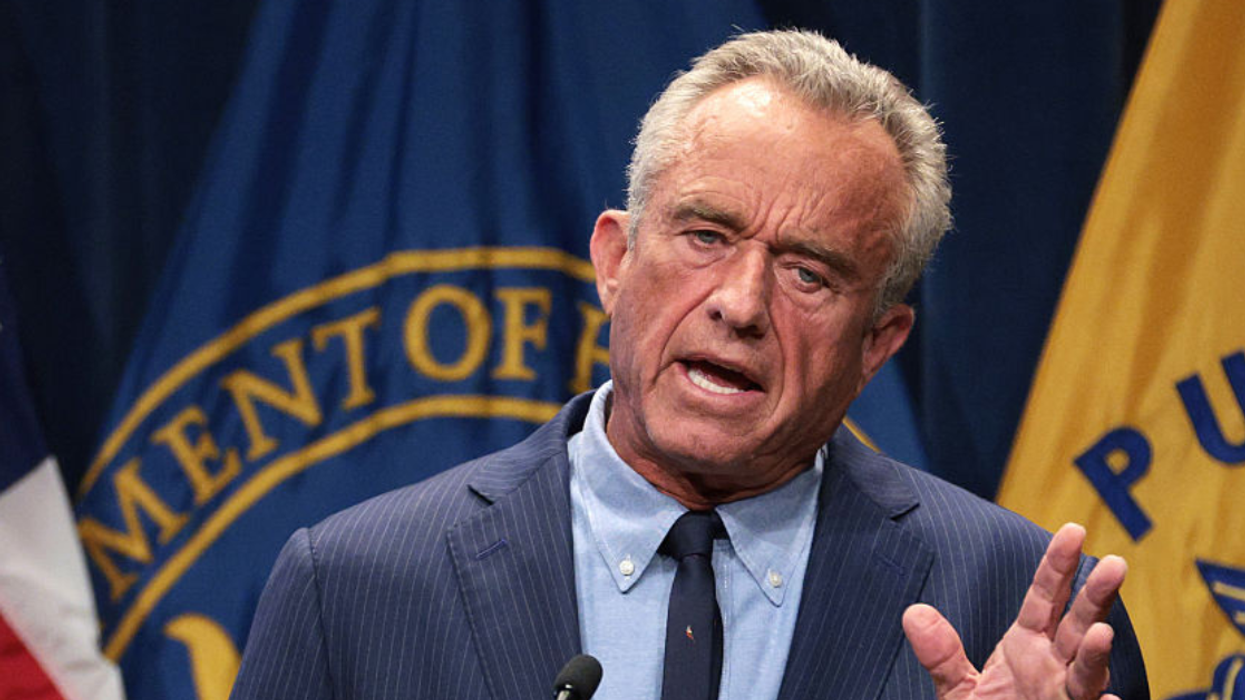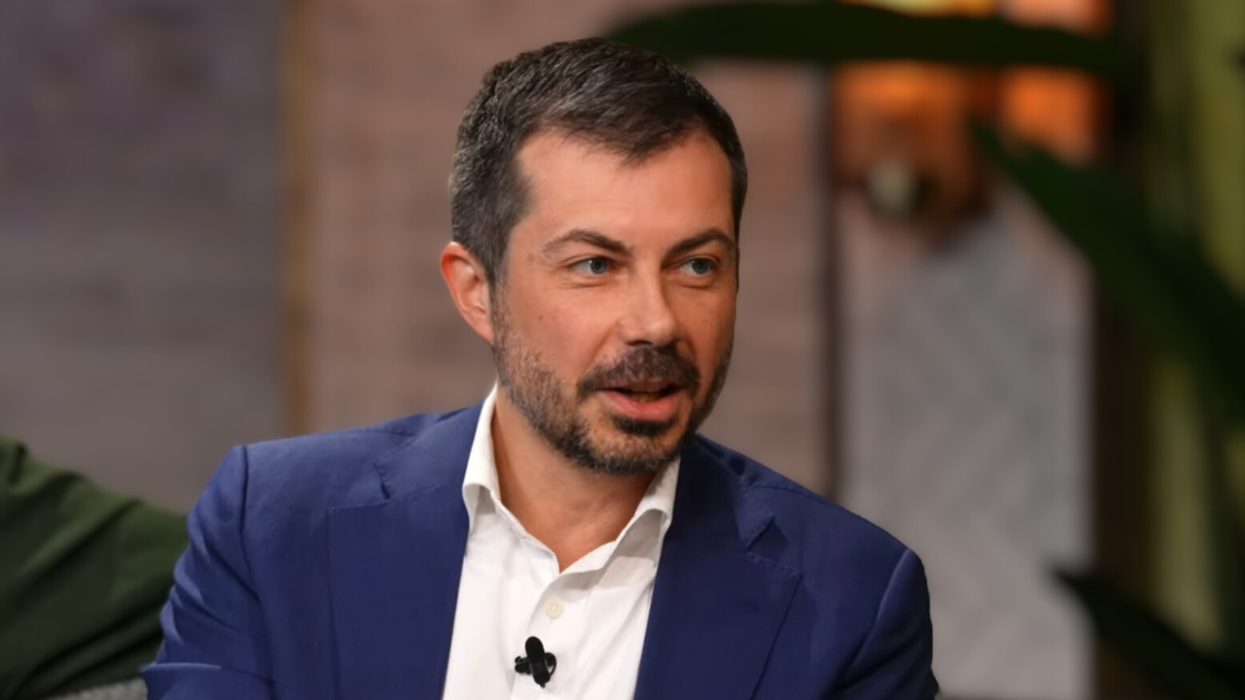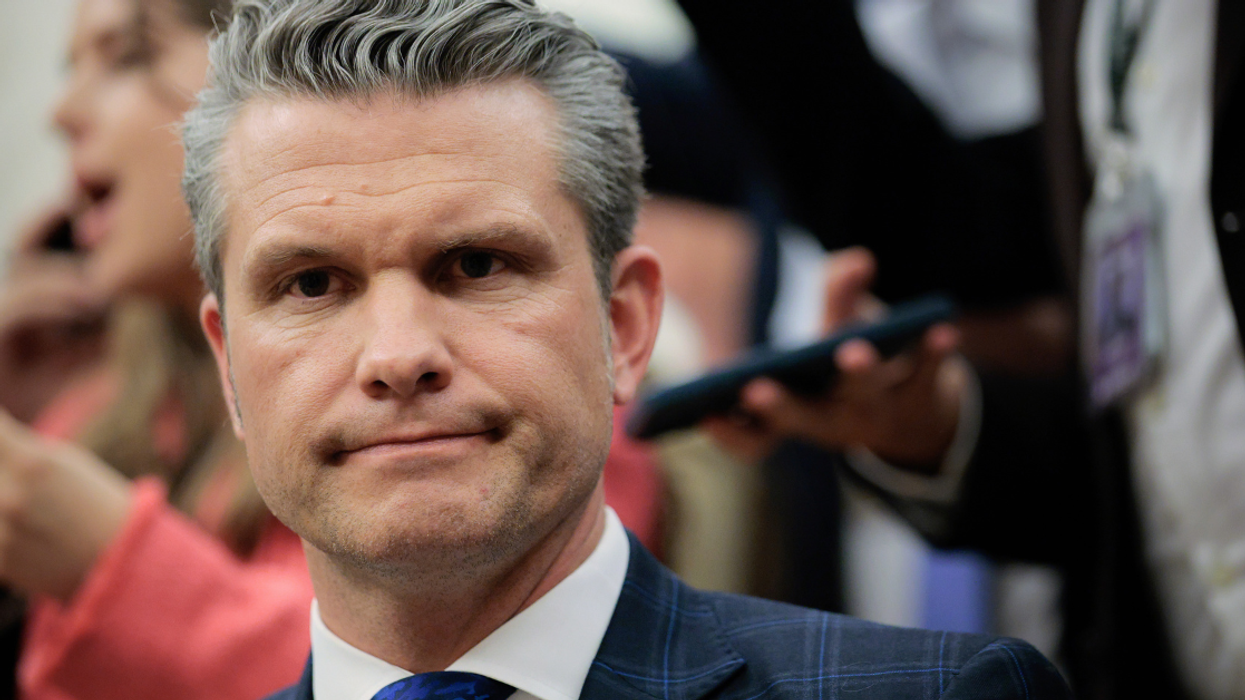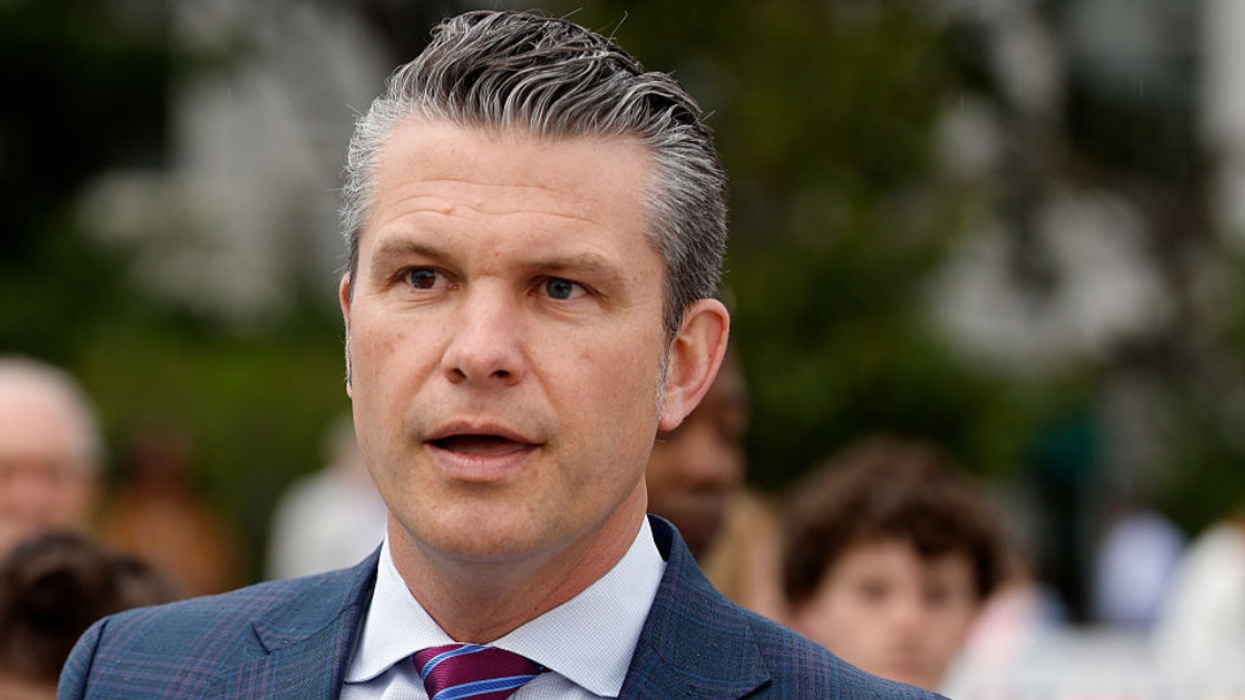Health and Human Services Secretary Robert F. Kennedy Jr. was swiftly fact-checked after he claimed to reporters that he'd never heard of "injuries" like Tourette's Syndrome when he was younger.
While the roots of neurology and neurosurgery can be traced back to prehistoric times, the academic study of these fields didn’t begin until the 16th century. It wasn’t until the 20th century, however, that neurology and neurosurgery became formally organized as separate medical specialties in Europe and the United States, marked by the creation of professional societies independent of internal medicine, psychiatry, and general surgery.
Just because formal recognition took that long to achieve doesn't mean disorders like Tourette Syndrome didn't exist—but in the world according to Kennedy, if he didn't personally experience it, it never happened.
He told reporters:
"These are broad categories of neurological disorders... ADHD, speech language delays, narcolepsy, Tourette's, ASD [autism]. These are all things I never heard of when I was a kid. They were not part of the nomenclaure. They were not part of the dialogue."
"There was zero spent in this country treating chronic disease when my uncle [John F. Kennedy] was president. Today it's $1.8 trillion. It is bankrupting our nation. 74% of American kids cannot qualify for military service. How are we going to maintain our global leadership with such a sick population?"
"We have all these autoimmune diseases, exotic diseases that I never heard of: juvenile diabetes, rheumatoid arthritis, lupus, Crohn's disease, and a hundred others. That was just unknown when I was a kid."
You can hear what he said in the video below.
Some quick notes:
- Tourette Syndrome, a disorder characterized by involuntary movements and vocalizations, was first formally described by Georges Gilles de la Tourette in 1885
- While ADHD was not formally recognized as a mental disorder until the 1960s—Kennedy was born in 1954—the symptoms of ADHD were first described in 1798, and British pediatrician Sir George Frederic Still later unveiled a more comprehensive study of the condition in 1902
- Although more extensive narcolepsy research was not undertaken until the 1970s, the condition was first described in the late 19th century in Germany and France
- Autism was first formally described by Leo Kanner in 1943, though the earliest research that focused on children who would today be considered autistic was conducted by Grunya Sukhareva starting in the 1920s.
People were quick to point out just how wrong Kennedy actually is.
We've experienced quite a week of bizarre health claims from the Health Secretary.
Kennedy baffled even Fox News host Jesse Watters after claiming that testosterone levels and sperm count in teen boys are lower than the levels seen in 68-year-old men—weird to hear considering Kennedy, who is 71, should know that as men age, it’s natural for testosterone levels and muscle mass to slowly decline.
Earlier, Gwen Walz, the wife of Minnesota Governor Tim Walz, criticized Kennedy for describing autism as an “individual tragedy" in remarks to reporters. Mrs. Walz, whose son Gus has ADHD, a nonverbal learning disorder, and an anxiety disorder, called Kennedy's remarks "deeply upsetting, especially coming from our nation’s highest-ranking health official."
Kennedy's remarks came as he moved to have the The National Institutes of Health (NIH) gather private medical records from various federal and commercial databases to study autism more comprehensively. In a development that has many advocates concerned and outraged, a new national disease registry is being launched to track Americans diagnosed with autism, and it will be integrated into this broader data collection effort.














 @rokspics/Instagram
@rokspics/Instagram @kevinscottrichardson/Instagram
@kevinscottrichardson/Instagram @leighanne_littrell/Instagram
@leighanne_littrell/Instagram @annie_littrell/Instagram
@annie_littrell/Instagram @lynnettecody/Instagram
@lynnettecody/Instagram @sheybsb/Instagram
@sheybsb/Instagram @anthonybradford/Instagram
@anthonybradford/Instagram @mandy_neale/Instagram
@mandy_neale/Instagram @briansowenssr9357/YouTube
@briansowenssr9357/YouTube @TimeTravelerDad/YouTube
@TimeTravelerDad/YouTube @bsb7728/YouTube
@bsb7728/YouTube
 @NowThisImpact/Bluesky
@NowThisImpact/Bluesky @pdgallo/Bluesky
@pdgallo/Bluesky @periwinklerose/Bluesky
@periwinklerose/Bluesky
 rSouthCarolina/Reddit
rSouthCarolina/Reddit @that_fed_up_rn/Threads
@that_fed_up_rn/Threads rSouthCarolina/Reddit
rSouthCarolina/Reddit rSouthCarolina/Reddit
rSouthCarolina/Reddit rSouthCarolina/Reddit
rSouthCarolina/Reddit rSouthCarolina/Reddit
rSouthCarolina/Reddit rSouthCarolina/Reddit
rSouthCarolina/Reddit rSouthCarolina/Reddit
rSouthCarolina/Reddit rSouthCarolina/Reddit
rSouthCarolina/Reddit rSouthCarolina/Reddit
rSouthCarolina/Reddit rSouthCarolina/Reddit
rSouthCarolina/Reddit rSouthCarolina/Reddit
rSouthCarolina/Reddit rSouthCarolina/Reddit
rSouthCarolina/Reddit rSouthCarolina/Reddit
rSouthCarolina/Reddit rSouthCarolina/Reddit
rSouthCarolina/Reddit rSouthCarolina/Reddit
rSouthCarolina/Reddit rSouthCarolina/Reddit
rSouthCarolina/Reddit
 @katdenningsss/Instagram
@katdenningsss/Instagram @katdenningsss/Instagram
@katdenningsss/Instagram @katdenningsss/Instagram
@katdenningsss/Instagram @katdenningsss/Instagram
@katdenningsss/Instagram @katdenningsss/Instagram
@katdenningsss/Instagram @katdenningsss/Instagram
@katdenningsss/Instagram @katdenningsss/Instagram
@katdenningsss/Instagram @katdenningsss/Instagram
@katdenningsss/Instagram @katdenningsss/Instagram
@katdenningsss/Instagram @katdenningsss/Instagram
@katdenningsss/Instagram @katdenningsss/Instagram
@katdenningsss/Instagram @katdenningsss/Instagram
@katdenningsss/Instagram @katdenningsss/Instagram
@katdenningsss/Instagram @katdenningsss/Instagram
@katdenningsss/Instagram @katdenningsss/Instagram
@katdenningsss/Instagram @katdenningsss/Instagram
@katdenningsss/Instagram @katdenningsss/Instagram
@katdenningsss/Instagram @katdenningsss/Instagram
@katdenningsss/Instagram @katdenningsss/Instagram
@katdenningsss/Instagram